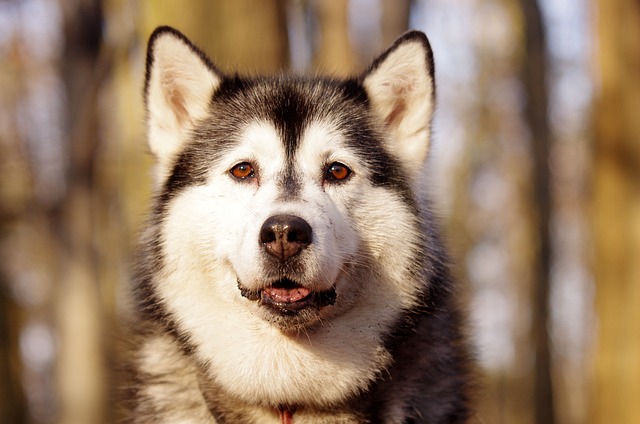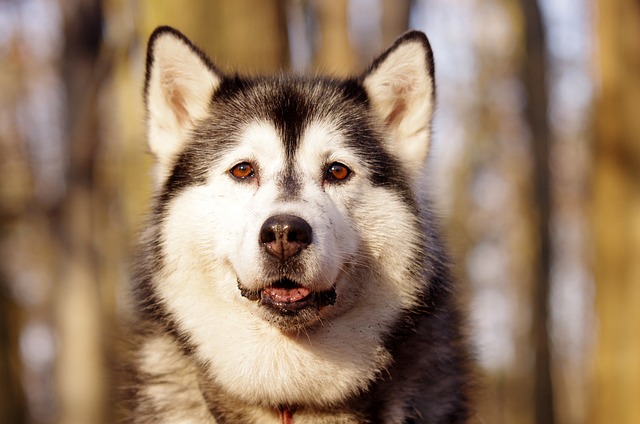Noticing your Husky acting sluggish, with warm ears or a dry nose, might make you suspect a fever—and you’d be right to pay attention. A dog’s normal temperature ranges from 99.5 to 102.5°F, so anything above 103°F counts as a fever. Huskies, with their thick double coats, can trap heat easily, which is why they’re more prone to overheating, but a fever is usually a sign their body is fighting off something, like an infection or inflammation.
First, confirm the fever correctly. Skip relying on just a warm nose—use a rectal thermometer (digital ones are easiest) for accuracy. Lubricate it slightly, insert gently, and wait for the beep. If it reads over 103°F, it’s time to act. My neighbor’s Husky, Koda, recently had a fever after a cold spell; she noticed he was sleeping more and turned down his favorite salmon treats before checking his temperature.
To help your Husky cool down safely, start by removing excess layers. If they’re wearing a coat, take it off, and keep them in a cool room (not freezing—around 70°F is good). Offer fresh, cool water frequently, but don’t force them to drink. A damp towel on their belly or paws can help lower their temperature gradually—never use ice or cold water, which can shock their system. Avoid walks or play until the fever breaks; overexertion will only make things worse.
 Know when to call the vet. A fever over 104°F, or one that lasts more than 24 hours, needs professional attention. Also, watch for other symptoms: loss of appetite, lethargy, coughing, or diarrhea could mean something serious, like an infection or even parvovirus (which is why keeping up with vaccines is so important). Most vets recommend bringing in your Husky if they’re acting unusually tired or in pain, even with a mild fever.
Know when to call the vet. A fever over 104°F, or one that lasts more than 24 hours, needs professional attention. Also, watch for other symptoms: loss of appetite, lethargy, coughing, or diarrhea could mean something serious, like an infection or even parvovirus (which is why keeping up with vaccines is so important). Most vets recommend bringing in your Husky if they’re acting unusually tired or in pain, even with a mild fever.
If you live in an apartment, keep your feverish Husky away from shared spaces to avoid spreading germs to other pets. Clean their bedding with mild detergent, and wash your hands after handling them—basic hygiene goes a long way. And remember, never give human medications like ibuprofen to your Husky; they’re toxic to dogs and can cause serious harm.
With gentle care and close monitoring, most Huskies recover from a fever quickly. Offer them small, easily digestible meals like boiled chicken if they’re hungry, and let them rest as much as they need. Trust your gut—if something feels off, your vet is the best resource to help your furry friend get back to their energetic self.

 Know when to call the vet. A fever over 104°F, or one that lasts more than 24 hours, needs professional attention. Also, watch for other symptoms: loss of appetite, lethargy, coughing, or diarrhea could mean something serious, like an infection or even parvovirus (which is why keeping up with vaccines is so important). Most vets recommend bringing in your Husky if they’re acting unusually tired or in pain, even with a mild fever.
Know when to call the vet. A fever over 104°F, or one that lasts more than 24 hours, needs professional attention. Also, watch for other symptoms: loss of appetite, lethargy, coughing, or diarrhea could mean something serious, like an infection or even parvovirus (which is why keeping up with vaccines is so important). Most vets recommend bringing in your Husky if they’re acting unusually tired or in pain, even with a mild fever.



